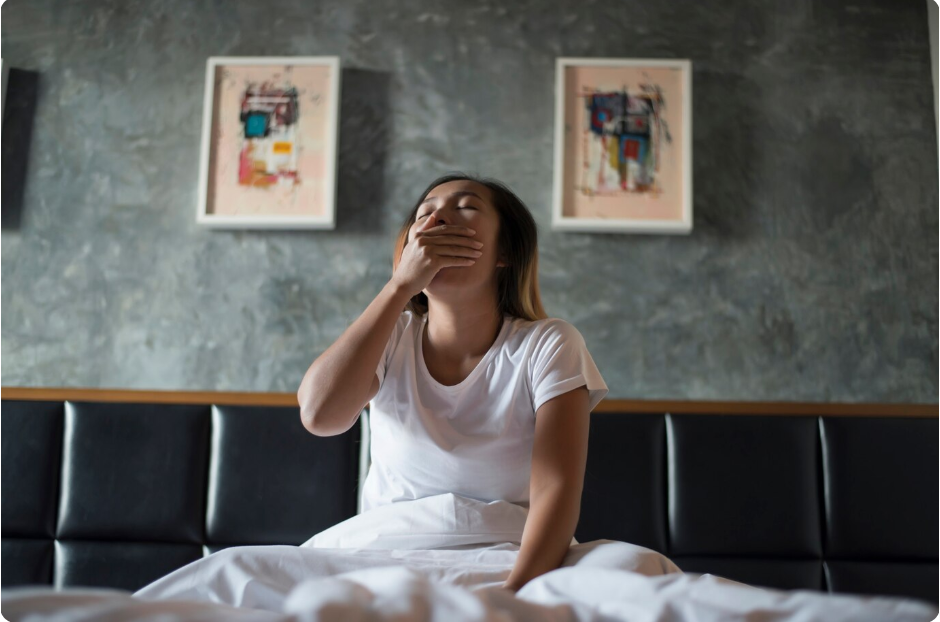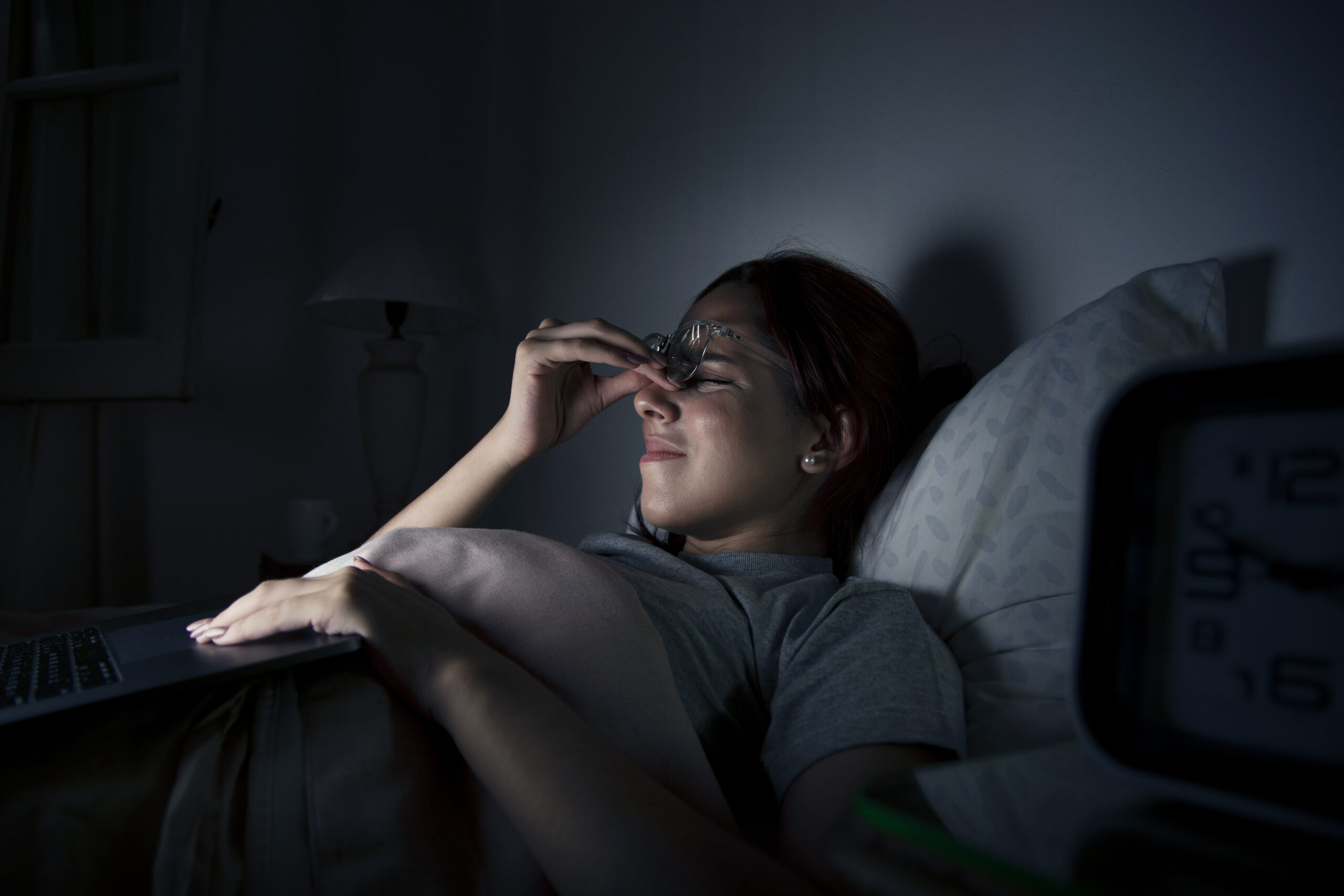Why do I get nightmares at 3 a.m.
Unraveling the Mystery of Night Waking, Bad Dreams, and What Your Body Might Be Telling You
If you’ve ever jolted awake at exactly 3 a.m.—heart racing, drenched in sweat, your mind reeling from a vivid nightmare—you’re not alone. For many, this peculiar time of night carries both a physical and spiritual weight. But is waking at 3 a.m. really something to worry about? Can bad dreams be a warning? Is there any truth to the idea that someone might be watching you at that hour?
This blog post unpacks the psychological, biological, and even metaphysical theories behind waking at 3 a.m., the connection to nightmares, and what your body might be trying to tell you.
Why Do I Get Nightmares at 3 a.m.?
Waking up at 3 a.m. due to a nightmare can feel terrifying and disruptive. But the timing is no coincidence—there are clear neurological and biological reasons for this unsettling pattern.
1. The Role of REM Sleep
Nightmares typically occur during REM (Rapid Eye Movement) sleep, which is the stage of sleep when dreaming is most vivid. REM cycles become longer and more intense in the second half of the night, particularly between 2 a.m. and 4 a.m.
So if you’re waking up from nightmares around 3 a.m., it’s likely because you’re in the middle of a deep REM cycle where the brain is highly active and emotionally charged dreams are more likely to occur.
2. Stress and Anxiety
Nightmares are often triggered by unresolved stress, trauma, or anxiety. If you’re going through a difficult time, your subconscious may manifest your fears in the form of vivid, frightening dreams—especially during your most vulnerable sleep stages.
Some studies show that people with Generalized Anxiety Disorder or PTSD are more likely to experience nightmares in the early morning hours.
3. Sleep Disorders
Conditions like sleep apnea, night terrors, and restless leg syndrome can cause abrupt awakenings—often accompanied by feelings of fear, disorientation, or even hallucinations. If you’re regularly waking up with intense fear at 3 a.m., it may be worth exploring a sleep study.

Is Waking at 3 a.m. Really Something to Worry About?
Not necessarily—but it depends on how often it happens and how you feel when it does.
✅ Normal Occasional Wakefulness
It’s natural to wake briefly during the night as you move between sleep cycles. Most people won’t remember these brief arousals unless they’re accompanied by something memorable—like a nightmare or loud noise.
⚠️ Repeated Wake-Ups
If you find yourself consistently waking up at or around 3 a.m., especially with anxiety, sweating, or heart palpitations, this could point to:
- Chronic stress
- Sleep disorders
- Depression or anxiety
- Poor sleep hygiene
- Hormonal imbalances (like cortisol spikes)
If the problem is persistent and affecting your quality of life, a consultation with a sleep specialist or therapist is highly recommended.
Can Bad Dreams Be a Warning?
Many cultures and spiritual traditions interpret bad dreams as messages, omens, or warnings. While there’s no scientific evidence to support this literally, there is truth to the idea that nightmares can be a warning sign—of what’s going on in your mind and body.
Possible “Warnings” Nightmares Might Signal:
- Emotional stress: unresolved grief, anxiety, trauma
- Health issues: breathing problems, poor diet, or irregular heart rhythms
- Mental health changes: depression, substance abuse, or suppressed emotions
- Spiritual unrest: for those who are spiritually inclined, dreams may represent an internal crisis or need for reflection
From a psychological standpoint, bad dreams often reflect internal conflict, unresolved memories, or fears. They’re a way for the subconscious mind to process intense emotions.
What Is Your Body Telling You When You Wake Up at 3 a.m.?
Waking up at the same time every night isn’t always random. According to Traditional Chinese Medicine (TCM), the body follows a 24-hour energy clock, with each organ system being most active during specific times of day and night.
The Organ Clock: What’s Active at 3 a.m.?
Between 1 a.m. and 3 a.m. – Liver
Between 3 a.m. and 5 a.m. – Lungs
1. Liver (1–3 a.m.)
In TCM, this time is associated with emotional detoxification and anger processing. Waking during this window may indicate:
- Frustration or resentment
- Hormonal imbalance
- Liver overload due to diet or alcohol
2. Lungs (3–5 a.m.)
The lungs are associated with grief and sadness. Waking during this window might reflect:
- Unprocessed sorrow or loss
- Breathing issues (e.g., sleep apnea, asthma)
- Disruption in oxygen flow or energy
Western medicine doesn’t use this clock, but biological rhythms still apply. Cortisol, the stress hormone, naturally begins to rise around 3–4 a.m. to prepare your body for the day. If you’re under chronic stress, your body may spike cortisol too early, waking you up prematurely.
Is It True That When You Wake Up at 2–3 a.m., Someone Is Staring at You?
This belief comes from folklore, spiritual traditions, and sleep paralysis experiences. Some people report waking up at 3 a.m. feeling watched, hearing sounds, or even seeing shadowy figures. This has contributed to the eerie reputation of “The Witching Hour.”
Possible Explanations:
- Sleep Paralysis
- A state where your brain is awake, but your body remains asleep
- You may hallucinate, feel pressure on your chest, or sense a presence in the room
- Hypnopompic Hallucinations
- Visual or auditory illusions that occur while waking
- Often caused by disrupted REM sleep
- Cultural or Spiritual Beliefs
- Some believe 3 a.m. is a “thin veil” hour—where spirits or otherworldly forces are more active
- In Christianity, 3 a.m. is sometimes called the “Devil’s Hour,” a mockery of the 3 p.m. hour associated with Christ’s death
While these experiences can be unsettling, there is no scientific evidence proving paranormal activity at 3 a.m. However, the fear and stress response can heighten perception, making the experience feel real.
How to Stop Waking at 3 a.m. With Nightmares
If you’re consistently waking at 3 a.m. with disturbing dreams, here are some steps to help improve your sleep:
1. Create a Calm Night Routine
- Avoid screens 1–2 hours before bed
- Read, meditate, or take a warm bath
- Keep your sleep environment cool, dark, and quiet
2. Limit Alcohol, Caffeine, and Heavy Meals
These substances disrupt sleep architecture and increase the likelihood of waking during REM sleep.
3. Manage Stress During the Day
Practice stress-relieving techniques such as:
- Deep breathing
- Journaling
- Therapy
- Light exercise
4. Use Guided Sleep Meditations
Apps like Calm, Insight Timer, or Headspace offer sleep stories and meditations specifically designed to calm your nervous system before bed.
5. Keep a Dream Journal
Recording your dreams can help you identify recurring patterns or triggers. This can also aid in lucid dreaming or dream therapy, where you gain insight and control over your subconscious fears.
Final Thoughts: Not Just a “Spooky Hour”
Waking up at 3 a.m. with nightmares isn’t a curse—it’s a signal. Whether it’s your mind working through emotional trauma, your lungs processing grief, or your stress hormones out of balance, your body is communicating something. And while superstition and folklore add color to the experience, the truth is far more personal and biological.
Rather than fearing the night, use it as an opportunity to listen inward, adjust your habits, and pursue better sleep—and greater peace of mind.

One thought on “Why Do I Get Nightmares at 3 a.m.?”